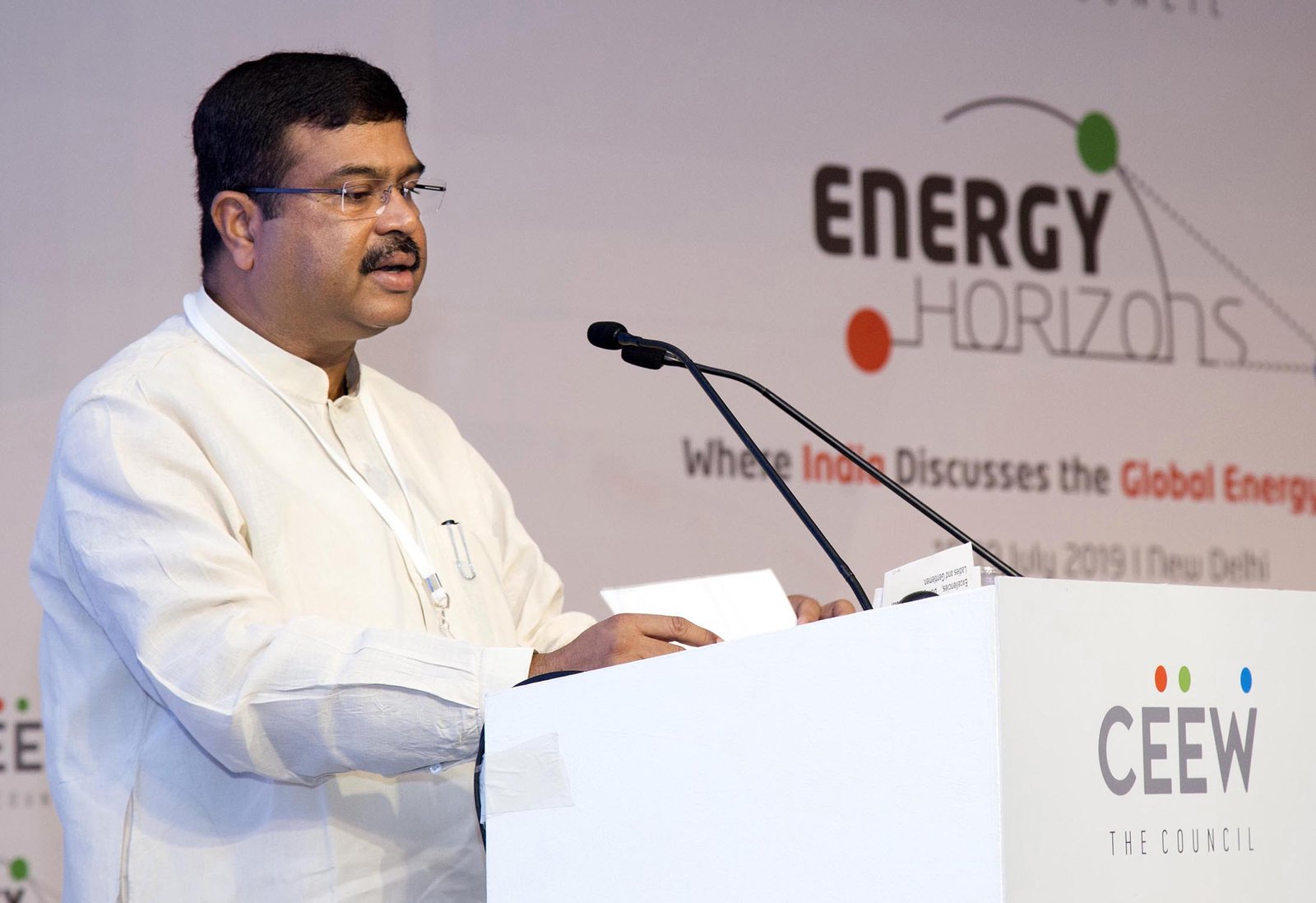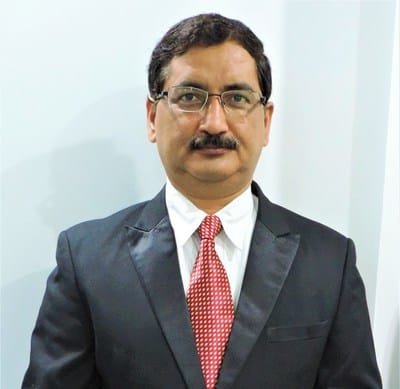Energy CoE at IIT Bombay
India’s future energy sector will be driven by new technology and business models, Petroleum and Natural Gas Minister Dharmendra Pradhan told the 10th World PetroCoal Congress in Delhi on 15 Feb 2020.
“We are encouraging our oil and gas companies to develop extensive and qualitative engagement with Indian technology and research institutions of excellence,” he said.
Seven Indian Public Sector Units in oil and gas industry joined with IIT Bombay last year to set up a Centre of Excellence in oil, gas and energy.
“Energy transition currently underway can become more manageable only if proactive measures are set in motion,” he said.
Digital technologies are transforming the energy sector in a profound manner. “Industrial Revolution 4.0 is truly at our doorstep,” he added.
He also called on Indian energy companies to quickly adopt and adapt these technologies at a faster pace. “We need to create more innovative platforms in India for convergence of leading global technology leaders in the energy sector.”
He stressed on the need to create new models of business and governance by leveraging technology.
Reposing faith in youngsters, the Minister called upon the industry to create a framework to support young employees on driving innovation and creating new business models.
He also stressed on urgent need for the Indian Petroleum and Coal sectors to cut cost and reduce risks by accepting state-of-the-art technologies.
“Innovative thinking, development of new tools and technology is the need of the hour. At the same time an active commitment to the environment by way of continuous improvement in energy efficiency is required,” said Pradhan.
The Minister stressed on the need to achieve the twin objectives of more energy availability at an affordable price and less carbon through a healthy mix of all commercially-viable energy sources.
Pradhan said that the contours of India’s energy transition are also changing fast in sync with global challenges and opportunities.
“Winds of change are evident in the global energy arena. Energy sources, energy supply and energy consumption patterns are changing rapidly.
“In our pursuit to navigate energy transition, it is natural that we will take advantage of unique synergies that exist within the country.
“Equally, our efforts will be guided by our global commitments be it under UN Sustainable Development Goals (SDGs) of 2030 or those under Paris Climate Summit,” he said.
The government’s approach to energy policy is based on energy access, energy sustainability, energy affordability, energy efficiency and energy security. All these five enablers will deliver energy justice to the people of India.
The Minister advocated the need to move away from the crude price as the basis for determining the LNG price.
“Global gas production and markets have witnessed significant restructuring during the last few years. Global supply of LNG is increasing at a rapid pace, and globally LNG prices are coming down significantly.
“It is time for our companies to relook at the term-contracts with major LNG suppliers. I also believe that the time has come for changing the pricing formulae for purchase of LNG by India,” he said.
Pradhan stressed on building sustainable energy infrastructure that can cater to the energy needs of all Indian citizens.
Talking about the initiatives in transforming India into a gas-based economy, Pradhan said: “I consider that the biggest game changer to bring about greater environmental sustainability and flexibility in India’s energy system is through rapid deployment of natural gas. It would serve as a transition fuel in our country.
“Our Government is working towards increasing the share of gas from 6.2% to 15% in the energy mix by 2030.”
Pradhan also spoke about estimated investment of US$60 billion being lined up in the sector, developing a ‘one Nation one Gas Grid’, cross-country pipelines, rapid expansion of the LNG infrastructure in the country, City Gas Distribution (CGD) network expanding to cover more than 70% of the country’s population.
“We are actively encouraging use of LNG, among others, for long-haul trucking along expressways, industrial corridors and inside mining areas, marine applications.
“We are also making natural gas easily available at doorsteps for users through mobile dispensing.” he added.
The Government continues to endeavor to ‘Reform, Perform and Transform’ the sector through proactive and far-reaching policy and market reforms in Exploration and Production, Refinery, Marketing, Natural Gas and Global Co-operation.
In the last five years, the acreage under exploration has increased from 90,000 Sq km in 2014 to 2,27,000 Sq km at the end of 2019.
The Government has conducted 2D Seismic survey of 48,000 line kilometers in unexplored areas for prospectivity analysis.
Describing alternative fuels like ethanol and bio-diesel being on high priority in energy mix, he said “We are well on our way to meet the target of 20% blending of ethanol in petrol and 5% blending of bio-diesel in diesel by 2030.
“We are advancing our collaboration with countries such as Brazil and US to improve blending technologies in transport sector.”
Oil marketing companies have invested over Rs.32,000 crore to upgrade their refinery processes to produce BS –VI grade fuel.
Given the abundance of biomass in the country, the use of Compressed BioGas (CBG) will be promoted in a big way in automotive, industrial and commercial uses in the coming years.
Pradhan said that India is now leading the global movement in embracing renewable energy sources.
The country has an ambitious plan to increase renewable energy capacity to over 175 GW by 2022 and up to 450 GW subsequently. fiinews.com










